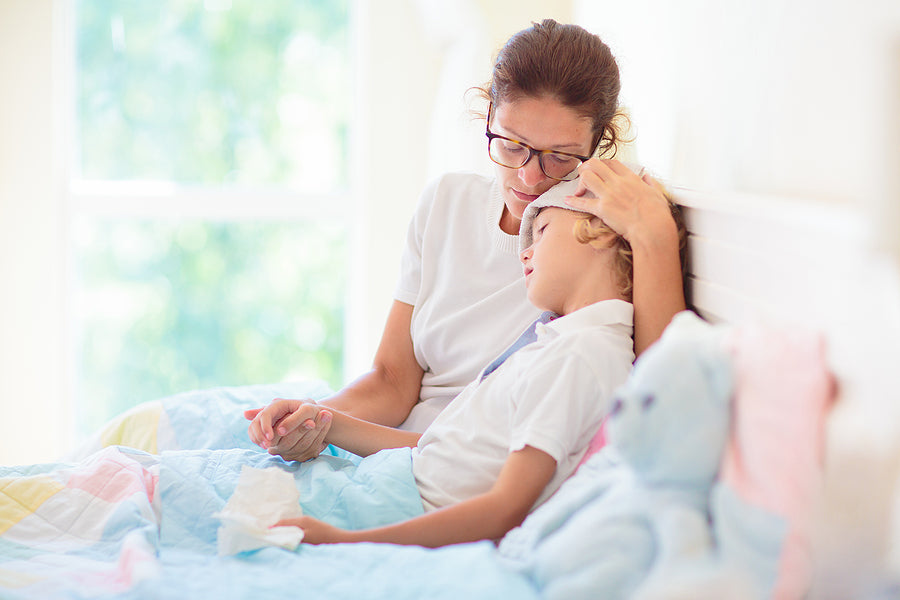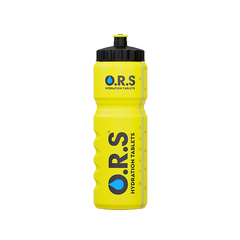How To Survive When Your Child Has A Vomiting Virus

Vomiting viruses are exhausting and unpleasant episodes that can leave you feeling under par for days or even weeks afterwards. The main symptoms include feeling and being physically sick and diarrhoea. They are highly contagious and can easily spread between people through close contact or by touching contaminated surfaces.
If you have young children, it’s likely that they will pick up a virus at nursery or school at some point. They are not usually very serious and will clear up in a couple of days, but it’s important to make sure young children do not become dehydrated. Here are some useful tips to help your child recover from a stomach bug.
Check their symptoms
First you need to make sure that your child has a virus, or if there may be another explanation for the sickness. A vomiting virus causes sickness and diarrhoea, and it may also be accompanied by a high temperature, a headache, and aching limbs.
If your child is vomiting but not feverish, there may be another cause for the sickness such as overeating, food poisoning, a food intolerance, or travel sickness. Think about what they did or ate during the previous 24 hours to see if you can identify a cause for the sickness.
Let your child rest and give them plenty of fluids
The body needs a chance to fight off the infection and recover, so let your child stay in bed or lie down wherever they feel most comfortable. Children lose a lot of fluids through vomiting and diarrhoea, and they will become dehydrated easily.
Encourage them to take sips of water at regular intervals. Drinking a lot at once may make them vomit, so it’s better to take frequent small sips. If they dislike plain water, flavour it with a little squash or fruit juice. However, avoid giving them undiluted fruit juice or fizzy drinks as they are high in sugar and may make diarrhoea worse.
Children under 16 should not be given medication unless advised by their doctor or a pharmacist. However, the NHS recommends that children can be helped by taking rehydration tablets that can be dissolved in water.
This helps the body to reabsorb fluids more effectively, and also replaces some of the electrolytes (minerals that occur naturally in the body and play an essential role in function). These minerals include potassium, calcium, sodium, magnesium, and phosphate, and are lost through bodily fluids.
An electrolyte imbalance can cause muscle cramps, headaches, and it also makes recovering from a sickness episode more difficult. Your child will probably not want to eat very much in the days following a sickness bug, so it takes longer to replace the lost fluids and minerals naturally.
If your child still exhibits signs of dehydration even after taking the tablets, has a high fever, or the vomiting and diarrhoea persists after several days and they can’t keep food down, or they have blood in their vomit or stools, it’s essential to seek medical advice.

